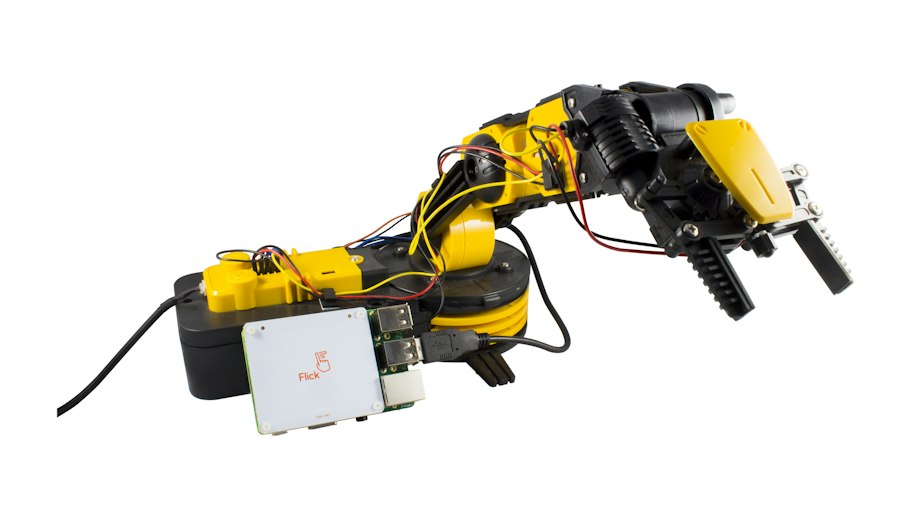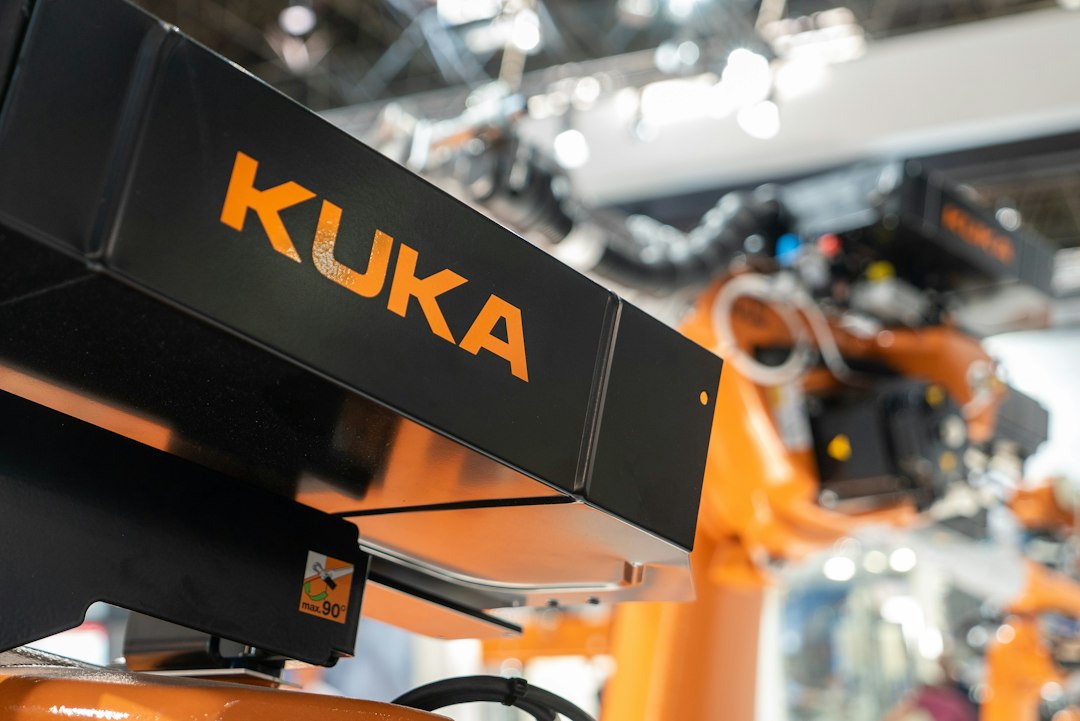Ethics and morality are concepts that are often used interchangeably, but they have distinct meanings. Ethics refers to a set of principles or guidelines that govern human behavior and determine what is right or wrong. Morality, on the other hand, refers to the beliefs and values that individuals hold about what is right or wrong. Both ethics and morality play a crucial role in determining how we should approach the use of robots in cleaning.
The Debate on Robot Morality: Arguments for and Against
The question of whether robots can have moral agency is a topic of much debate. Some argue that robots can possess moral agency because they are capable of making decisions and taking actions based on programmed algorithms. They argue that if robots can make decisions based on ethical principles, then they should be held accountable for their actions.
On the other hand, there are those who argue that robots cannot have moral agency because they lack consciousness and emotions. They argue that moral agency requires the ability to feel empathy and make moral judgments based on emotions and personal experiences, which robots do not possess.
The Role of Human Values in Cleaning Ethics
Human values play a crucial role in determining ethical considerations in cleaning. For example, if a cleaning robot is programmed to prioritize efficiency above all else, it may neglect to clean hard-to-reach areas or areas that require more time and effort. This can lead to a decline in the overall cleanliness of the space and can be seen as unethical.
On the other hand, if a cleaning robot is programmed to prioritize thoroughness and attention to detail, it may spend an excessive amount of time on a single task, leading to inefficiency and wasted resources. This can also be seen as unethical.
The Impact of Robot Autonomy on Cleaning Ethics
One of the key ethical implications of using robots in cleaning is their ability to make decisions autonomously. While this autonomy can lead to increased efficiency and productivity, it also raises concerns about the potential for robots to make unethical decisions.
For example, if a cleaning robot is programmed to prioritize the cleanliness of certain areas over others, it may neglect areas that are less visible or less frequently used. This can lead to a disparity in cleanliness and can be seen as unfair or discriminatory.
The Importance of Human Supervision in Robot Cleaning
To ensure the ethical use of robots in cleaning, human supervision is crucial. Human oversight can help prevent robots from making unethical decisions or actions. For example, if a cleaning robot is programmed to prioritize efficiency above all else, a human supervisor can intervene and ensure that the robot also prioritizes thoroughness and attention to detail.
Human supervision can also help prevent robots from causing harm or damage. For example, if a cleaning robot is programmed to use harsh chemicals without considering the potential health risks, a human supervisor can intervene and ensure that safer alternatives are used.
The Ethics of Assigning Unpleasant Tasks to Robots

Another ethical consideration in the use of robots in cleaning is the assignment of unpleasant tasks. While robots are often used for tasks that humans find tedious or unpleasant, such as cleaning toilets or handling hazardous materials, there are ethical implications to consider.
Assigning unpleasant tasks to robots can be seen as a way to avoid responsibility or accountability. It can also lead to a devaluation of human labor and the creation of a society where humans are no longer needed for certain tasks.
The Implications of Robot Morality for the Cleaning Industry
The concept of robot morality has significant implications for the cleaning industry. If robots are capable of making ethical decisions, then they should be held accountable for their actions. This raises questions about liability and responsibility in cases where a cleaning robot causes harm or damage.
Additionally, if robots are capable of making ethical decisions, then they should also be subject to ethical guidelines and regulations. This raises questions about who should be responsible for setting these guidelines and how they should be enforced.
The Future of Cleaning Ethics: Challenges and Opportunities
The future of cleaning ethics will require a careful balance between technological advancements and ethical considerations. One of the key challenges will be ensuring that robots are programmed with ethical principles that align with human values.
Another challenge will be determining who is responsible for ensuring the ethical use of robots in cleaning. This will require collaboration between industry leaders, policymakers, and ethicists to develop guidelines and regulations that prioritize ethical considerations.
However, there are also opportunities to leverage technology to enhance cleaning ethics. For example, robots can be programmed to prioritize sustainability and environmental responsibility, leading to more eco-friendly cleaning practices. They can also be programmed to prioritize the well-being and safety of humans, leading to safer and healthier cleaning environments.
Balancing Technological Advancements with Ethical Considerations in Cleaning Industry
In conclusion, the rise of industrial robots in the cleaning industry presents both opportunities and challenges. While robots can increase efficiency and productivity, it is important to consider the ethical implications of their use. Ethics and morality play a crucial role in determining how robots should be programmed and used in cleaning.
The cleaning industry must prioritize ethical considerations in their use of robots to ensure fairness, accountability, and sustainability. This requires collaboration between industry leaders, policymakers, and ethicists to develop guidelines and regulations that prioritize ethical considerations. By balancing technological advancements with ethical considerations, the cleaning industry can create a future where robots enhance cleaning practices while upholding human values.

